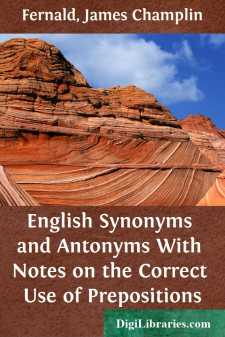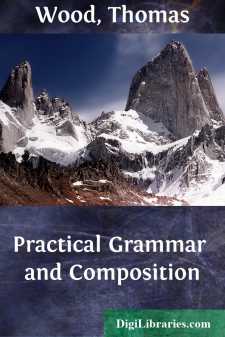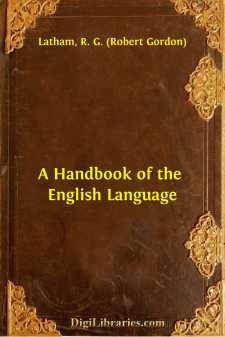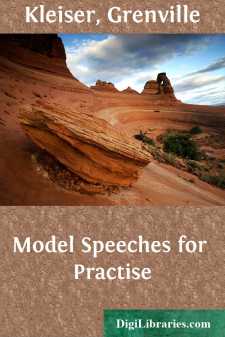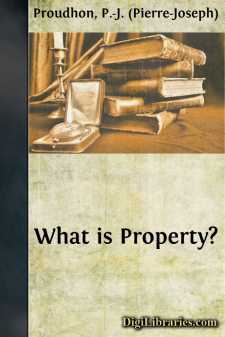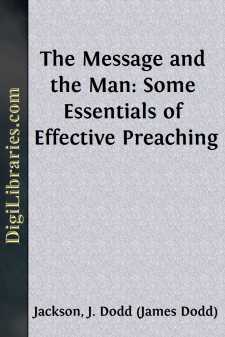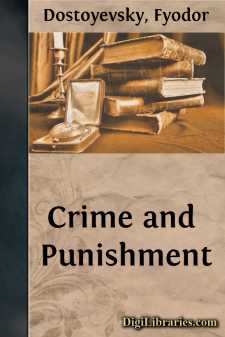Categories
- Antiques & Collectibles 13
- Architecture 36
- Art 48
- Bibles 22
- Biography & Autobiography 816
- Body, Mind & Spirit 145
- Business & Economics 28
- Children's Books 18
- Children's Fiction 14
- Computers 4
- Cooking 94
- Crafts & Hobbies 4
- Drama 346
- Education 58
- Family & Relationships 59
- Fiction 11831
- Foreign Language Study 3
- Games 19
- Gardening 17
- Health & Fitness 34
- History 1378
- House & Home 1
- Humor 147
- Juvenile Fiction 1873
- Juvenile Nonfiction 202
- Language Arts & Disciplines 89
- Law 16
- Literary Collections 686
- Literary Criticism 179
- Mathematics 13
- Medical 41
- Music 40
- Nature 179
- Non-Classifiable 1768
- Performing Arts 7
- Periodicals 1453
- Philosophy 66
- Photography 2
- Poetry 897
- Political Science 203
- Psychology 45
- Reference 154
- Religion 516
- Science 126
- Self-Help 86
- Social Science 82
- Sports & Recreation 34
- Study Aids 3
- Technology & Engineering 59
- Transportation 23
- Travel 463
- True Crime 29
Our website is made possible by displaying online advertisements to our visitors.
Please consider supporting us by disabling your ad blocker.
English Synonyms and Antonyms With Notes on the Correct Use of Prepositions
Categories:
Description:
Excerpt
PREFACE.
The English language is peculiarly rich in synonyms, as, with such a history, it could not fail to be. From the time of Julius Cæsar, Britons, Romans, Northmen, Saxons, Danes, and Normans fighting, fortifying, and settling upon the soil of England, with Scotch and Irish contending for mastery or existence across the mountain border and the Channel, and all fenced in together by the sea, could not but influence each other's speech. English merchants, sailors, soldiers, and travelers, trading, warring, and exploring in every clime, of necessity brought back new terms of sea and shore, of shop and camp and battlefield. English scholars have studied Greek and Latin for a thousand years, and the languages of the Continent and of the Orient in more recent times. English churchmen have introduced words from Hebrew, Greek, and Latin, through Bible and prayer-book, sermon and tract. From all this it results that there is scarcely a language ever spoken among men that has not some representative in English speech. The spirit of the Anglo-Saxon race, masterful in language as in war and commerce, has subjugated all these various elements to one idiom, making not a patchwork, but a composite language. Anglo-Saxon thrift, finding often several words that originally expressed the same idea, has detailed them to different parts of the common territory or to different service, so that we have an almost unexampled variety of words, kindred in meaning but distinct in usage, for expressing almost every shade of human thought.
Scarcely any two of such words, commonly known as synonyms, are identical at once in signification and in use. They have certain common ground within which they are interchangeable; but outside of that each has its own special province, within which any other word comes as an intruder. From these two qualities arises the great value of synonyms as contributing to beauty and effectiveness of expression. As interchangeable, they make possible that freedom and variety by which the diction of an accomplished writer or speaker differs from the wooden uniformity of a legal document. As distinct and specific, they enable a master of style to choose in every instance the one term that is the most[viii] perfect mirror of his thought. To write or speak to the best purpose, one should know in the first place all the words from which he may choose, and then the exact reason why in any case any particular word should be chosen. To give such knowledge in these two directions is the office of a book of synonyms.
Of Milton's diction Macaulay writes:
"His poetry acts like an incantation. Its merit lies less in its obvious meaning than in its occult power. There would seem, at first sight, to be no more in his words than in other words. But they are words of enchantment. No sooner are they pronounced, than the past is present and the distant near. New forms of beauty start at once into existence, and all the burial places of the memory give up their dead. Change the structure of the sentence; substitute one synonym for another, and the whole effect is destroyed....


